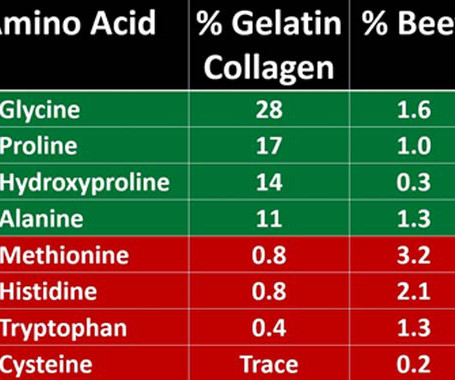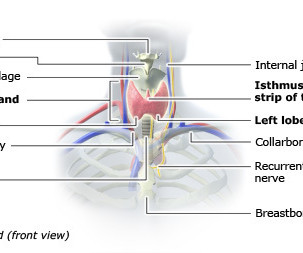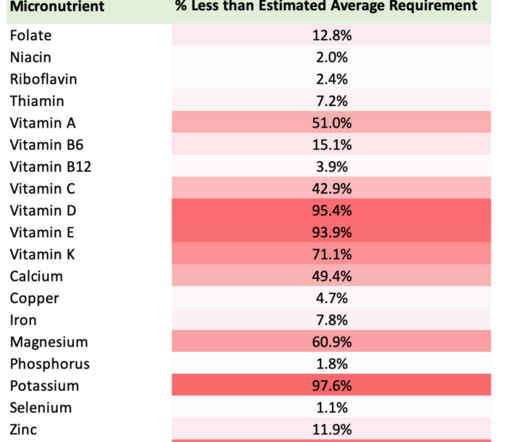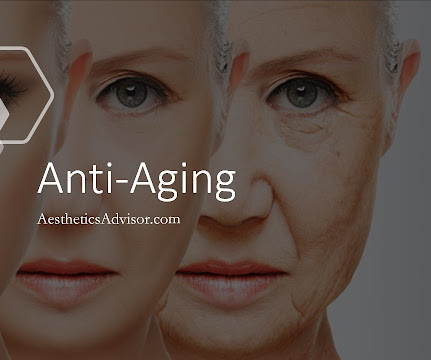Why Collagen Is a Proven Necessity
Aesthetics Advisor
SEPTEMBER 5, 2023
Collagen is the most common and abundant of your body’s proteins, accounting for about 30% of the total protein in your body. Collagen Helps Maintain a More Youthful Appearance The loss of collagen that occurs with age is the primary reason for wrinkles, dry sagging skin and lackluster hair.












Let's personalize your content